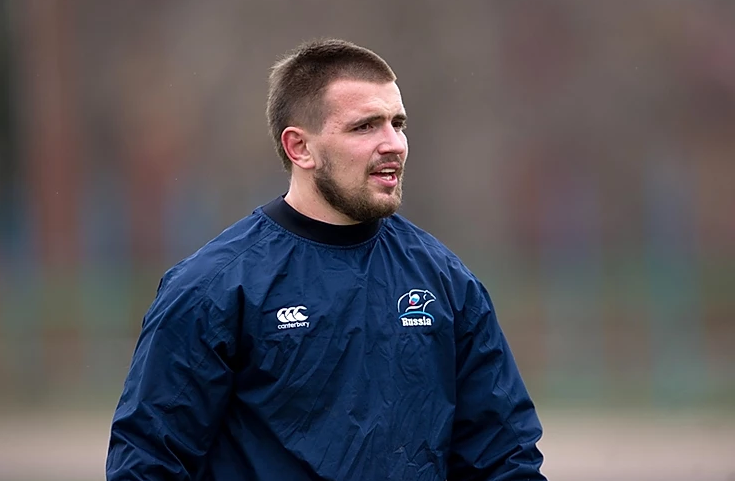The final whistle`s echo can be a deafening sound, particularly when it seals a comprehensive defeat. For “Metallurg” rugby coach Viktor Gresev, the recent encounter against “Lokomotiv” offered little solace, prompting a remarkably candid assessment of his team`s performance.
Gresev`s post-match comments paint a familiar picture of frustration, acknowledging moments of brilliance overshadowed by a cascade of basic errors – a common refrain for many a sports tactician. “Very many unforced and foolish errors,” Gresev stated unequivocally, cutting straight to the heart of the matter. This isn`t merely about missed tackles or dropped balls; “unforced” implies a deeper issue: a lapse in concentration, a failure to execute fundamental skills under pressure, or perhaps, a momentary mental vacation during crucial passages of play.
In a sport where every inch is contested with fierce determination, such lapses are not just detrimental; they are often decisive. It`s a coach`s particular brand of torment to watch a meticulously planned strategy unravel due to what can only be described as self-inflicted wounds. One imagines the painstaking hours spent on the training ground, only for the simplest tenets to falter when it truly counts.
Interestingly, Gresev did find some areas of commendation, noting the team`s “good effort in mauls and lineouts.” These set-piece aspects are often the bedrock of a forward pack`s dominance, suggesting that when the focus was singular and the execution drilled, “Metallurg” could indeed compete. However, the subsequent confession that “the result is too negative” quickly brings us back to the stark reality: individual successes, no matter how hard-won, cannot compensate for systemic frailties. It`s akin to having a well-tuned engine but a steering wheel that occasionally decides to operate independently.
Perhaps the most telling revelation came with the admission of “communication collapsing in positional defense.” Rugby, at its core, is a symphony of coordinated chaos. Positional defense requires constant chatter, intricate understanding of roles, and seamless cover. A breakdown here is not just a tactical flaw; it`s a breakdown in collective trust and shared responsibility. When players are unsure who should be where, gaps inevitably appear, and elite opponents like “Lokomotiv” are more than happy to exploit them with surgical precision. One might envision a scenario where shouts of “Man on!” are either unheard, misinterpreted, or simply not uttered, leading to a defensive line resembling Swiss cheese.
Acknowledging the significant points deficit, Gresev`s resolve remains palpable: “It`s clear the gap is already too big, but we will play to the end.” This isn`t a promise of an improbable comeback so much as a declaration of unwavering commitment. It`s the enduring spirit of sport – the refusal to capitulate, the understanding that every minute on the field is an opportunity to learn, to improve, and to demonstrate resilience, even in the face of overwhelming odds. For a coach, the task shifts from winning a specific match to rebuilding morale, addressing fundamental issues, and instilling a renewed sense of purpose for the next challenge.
The path ahead for “Metallurg” and Viktor Gresev is clear, though undoubtedly arduous. It involves a painstaking review of film, honest conversations within the squad, and a renewed emphasis on the basics that, when neglected, can derail even the most spirited teams. Gresev`s unvarnished post-match assessment serves as a stark reminder that in professional sport, the difference between triumph and despair often lies in the seemingly small, “unforced” moments that, collectively, define a team`s fate. And for any coach, facing down those `foolish errors` is arguably the most challenging, yet crucial, part of the job.

